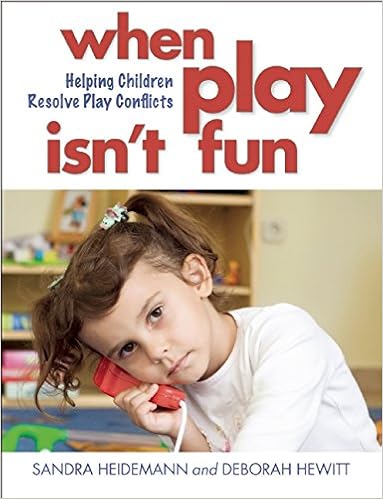WEEK 4: Start Chapter 5, pages 34-48
Last week in Chapter 4, we reflected on children who had difficulty playing well with other children, as well as factors that contribute to play difficulties. Some of those factors include culture, gender, temperament, lack of experience, exposure to trauma and special needs.
It is critical that teachers and caregivers realize the importance of helping children be successful during play and developing social skills, including joining a group to play, pretending, taking turns, and interacting with other children appropriately.
We would like to share a summary from the 2010 WI ACES (Adverse Childhood Experiences Study) about the importance of positive early childhood experiences:
In recent years, we have learned a great deal about the importance of childhood
experiences to lifelong well-being. Early experiences have a broader and more
profound impact than most of us would ever guess. Everyday interactions
and experiences in infancy and childhood greatly influence the architecture
of our developing brains and our subsequent emotional, cognitive, social and
neurobiological functioning. In short, these early experiences affect the way we view
ourselves and our world, the way we learn, how we cope with life’s stressors, and
how we form relationships throughout our lives. Positive experiences in childhood
often lead to healthy and productive adulthood. Unfortunately, negative experiences
can lead to poorer mental and physical health, poorer school and work success and
lower socioeconomic status in adulthood.
(Retrieved from http://wichildrenstrustfund.org/files/WisconsinACEs.pdf).
This week, you will be using the Play Checklist to help identify where a child may be having difficulty in play as well as a road map for providing strategies to support young children’s play development. You can find a copy of the checklist on the last page of your book. You can also download a copy by clicking on the “Play Checklist” tab on the blog.
Enjoy your observations! We are looking forward to hearing from you about how your children play.
“Imagination is more important than knowledge”. –Albert Einstein
